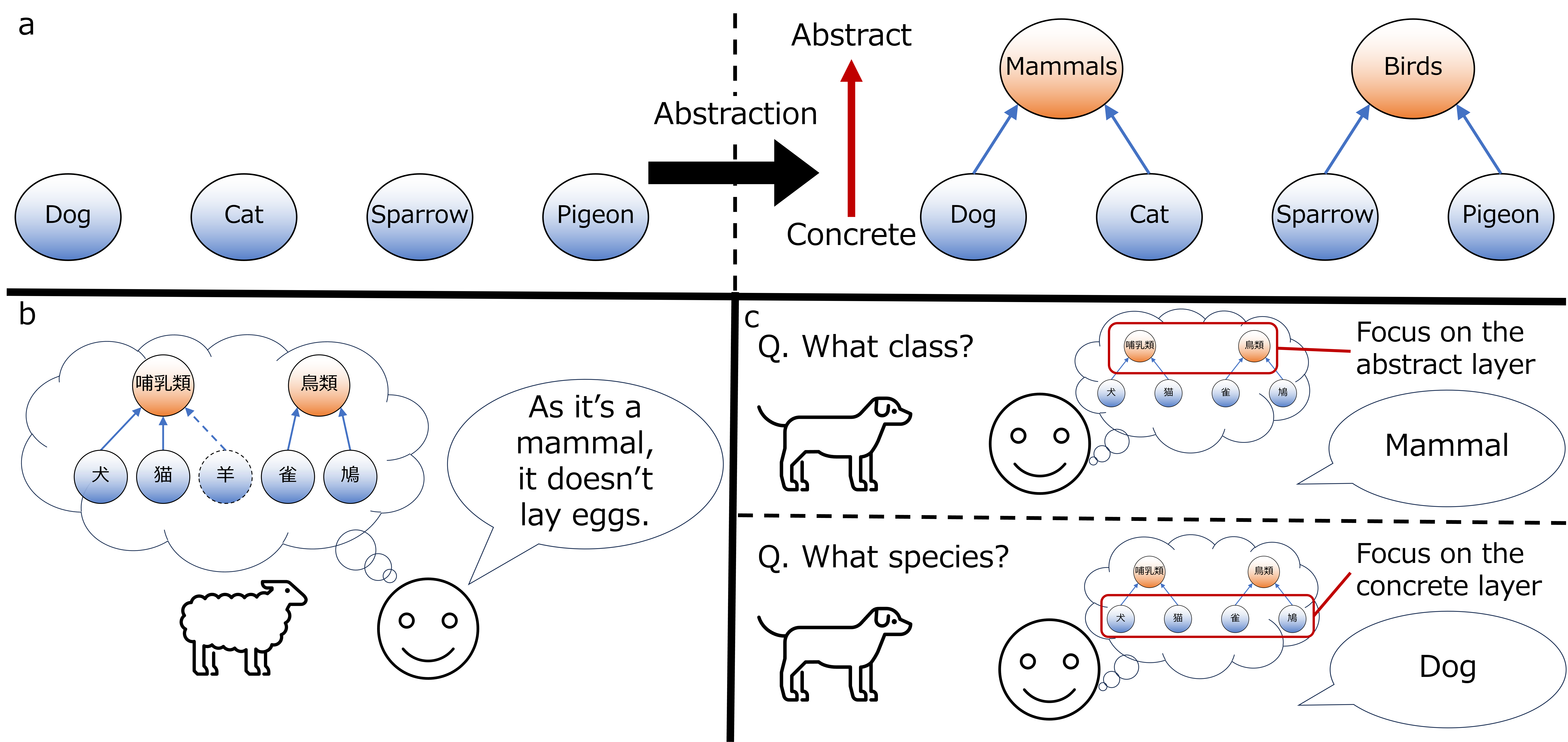Mathematical Modeling of Intelligence
Throughout history, humanity has imagined and created a vast range of things. From science and technology to the arts, intelligence is an essential component of human activities. It’s no exaggeration to say that intelligence is what defines us as humans.
Here comes a question: how does the brain exhibit intelligence? The goal of my research is to mathematically elucidate the mechanisms by which the brain demonstrates intelligence. To this end, I am working on building brain-inspired models capable of intelligent behavior. These models are based on the Free Energy Principle (FEP), a theory that aims to explain a wide range of brain functions—spanning from perception to action—within a unified framework. By grounding the model construction in the FEP, I aim to create a general-purpose model that can adapt to various situations.
However, simply saying that “I'm working on mathematical modeling of intelligence” lacks concreteness, since the term "intelligence" is broad and ambiguous.
In my research, I focus on a specific capability I consider fundamental to intelligence: the ability to abstract from individual experiences and adapt to novel situations.
Specifically, I aim to model the following three abilities:
1. Acquisition of abstract representations
2. Transfer learning and generalization using these abstract representations
3. Adaptive selection of the appropriate level of abstraction depending on the situation
Figure 1 illustrates examples of these abilities.
Please look forward to upcoming publications where I will share more concrete ideas and methodologies. Wish me luck!

Figure 1: Acquiring Abstract Representations and Using Them for Generalization and Adaptive Behavior
(a) Abstracting individual concepts acquired through learning (left) to form higher-level abstract concepts (right).
(b) Using abstract concepts to infer unknown properties when encountering a new concept (e.g., a sheep) for the first time.
(c) Switching the level of abstraction used in response to questions to select the most appropriate concept (red frame) for response.
What Is Intelligence?
What exactly is intelligence or intelligent behavior? Here are some answers I've received when asking people around me the same question:
- The ability to act flexibly and adapt to different situations
- Generalization ability (e.g., people who can apply what they’ve learned to different things are considered intelligent)
- Creativity (e.g., people who come up with ideas I could never imagine are considered intelligent)
- High computational ability (e.g., people who can solve difficult problems or solve them quickly are considered intelligent)
- Rational judgment and behavior (e.g., people who aren’t swayed by emotions are considered intelligent)
- Being knowledgeable (Interestingly, some people said that being knowledgeable is unrelated to intelligence)
As an example, I earlier proposed an answer: the ability to acquire abstract representations and use them to generalize.
However, I believe there are other important and fascinating components of intelligence as well.
One example is meta-learning, which I am currently exploring and working on idea generation, in parallel with my research on abstraction.
Having considered the above, what does intelligence mean to you?
If you have a different perspective from those listed above, I would love to hear your thoughts via this
Google Form,
or please feel free to email me directly.
All opinions are welcome. If I find your perspective particularly thought-provoking, it could help open up a new direction in my research.
Is the Free Energy Principle Plausible in the Brain?
To be written...
Synaptic Pruning Is Equivalent to Online Bayesian Model Selection
I plan to introduce theoretical work I conducted in the Isomura Lab (here).
Evolution of My Research Interests
I might someday write something about how my interests have evolved, starting from my early days doing experimental research—if I'm inclined to do so.